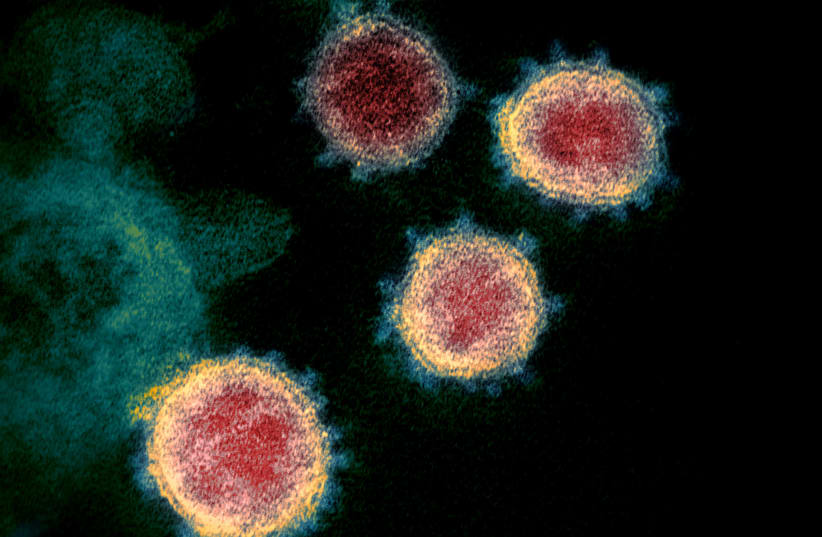It’s no wonder many of us prefer gathering outdoors to meeting inside as a precaution against the COVID-19 pandemic. But here’s the thing: Most of us spend about 90% of our time indoors, according to the Environmental Protection Agency, and most such places, from offices to nightclubs, require stuffy masks and strict protocols.
The problem, however, beyond the inconvenience of having to wear a mask indoors, is that such measures aren’t doing enough to stop the spread of the virus. Omicron spreads faster than the Delta variant and has successfully evaded many immune responses, causing infections in people already vaccinated or who have recovered from the COVID-19.
The medical community has established that masks and vaccines help, but considering it also isn’t ruling out additional, potentially more dangerous variants than Omicron, governments and institutions are going to have to address the indoor air quality dilemma directly.
Rather than playing defense as the world has been, Ashdod-based AL Group takes the offensive against the virus. The company developed a way to convert any air filter into a COVID-killing tool. AL Group’s IN-EX filter replaces existing filters and serves as an active cabin air purifier. It can be fitted into cars and public transportation, eliminating viruses and bacteria. From activation, the filter takes less than a minute to clean the air inside a large vehicle, for instance, to the point where it is safe to breathe. It can also be combined with additional filter layers, such as carbon or HEPA, to help create a multi-functional cabin filter.
Just last month, to toast to the new year, Magen David Adom, Israel’s national organization responsible for emergency pre-hospital medical care and ambulances, announced its 1,400 ambulances would be outfitted with the IN-EX filter after being approved by Dr. Eitan Israeli, CEO of the Israeli Biohazard Institute.
IN-EX utilizes a coating with a unique and patented sonochemical technology, which uses ultrasound to enhance or alter chemical reactions. It was jointly developed with a team of scientists led by Bar-Ilan University Department of Chemistry’s Aharon Gedanken and Ilana Perelshtein. Tested in third-party laboratories, this advanced technology has proven to be 99.15% effective against Sars-Cov2 (coronavirus), influenza, and other airborne viruses. These groundbreaking efforts have led to its inclusion in the 2021 Top Ten Emerging Technologies in Chemistry by the International Union of Pure Applied Chemistry.
As we know, the SARS-CoV-2 virus mainly spreads via respiratory droplets, released when a person coughs, sneezes or speaks. While such droplets cannot remain suspended in the air because of their weight, smaller droplets travel further and remain in the air for longer in the form of an aerosol. It’s why governments shouldn’t only focus on indoor ventilation, since increased air motion helps the virus travel further than it normally would in still air. Making places safer, instead, should mean improving air quality. High-quality filtration can address aerosol transmission and reduce infection by up to 47%, according to the World Health Organization.
Simply put, by improving indoor air quality, we can greatly improve our own daily well-being. Solutions like IN-EX return confidence to sectors such as public transportation and can massively reinvigorate basic institutions, some of which have already felt the effects of reduced travel. As more and more air-quality solutions become available across the globe, the fear of infection in indoor spaces – not only of COVID, but other viruses – will drastically diminish. This can only be a good thing, not just for our fight against COVID-19, but for bringing peace of mind back to where we spend most of our time.


